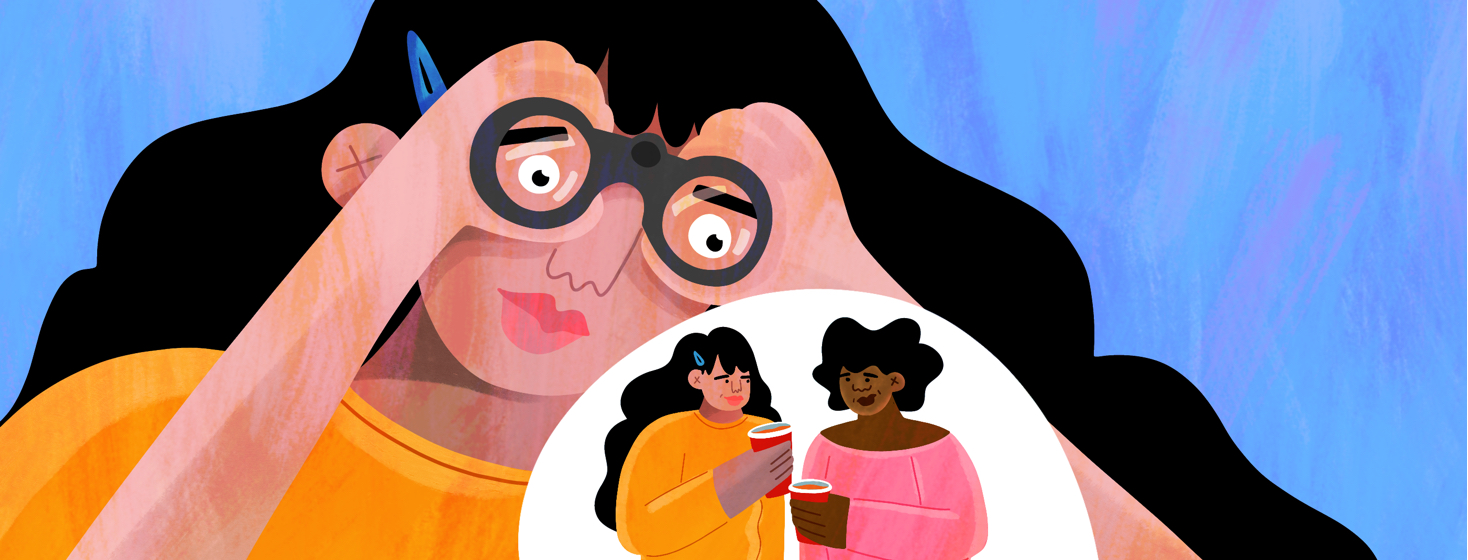If I Were on the Outside Looking In
One of the most frustrating things about having an invisible illness is knowing that other people can’t see the pain I’m in. Although I talk and write about it often, there are no visible indicators to remind others that I live with AxSpA. To me, it’s a constant presence that affects my day-to-day life. To them, does it even seem real?
In the same way that I ask others to try to put themselves in my chronically ill shoes, sometimes I like to try on a non-chronically ill pair (heels, probably). Healthy able-bodiedness was my reality not long ago, before my AxSpA began at age 18, so it isn’t difficult to take on that perspective. From that point of view, I imagine what I would think of me if I weren’t chronically ill.
If one of my friends or family members had AxSpA, instead of me, what would I think of them?
If someone I read about on the internet had AxSpA, would I judge them? If a co-worker told me they had AxSpA yet appeared to function perfectly fine, would I believe them? Without having personal experience with chronic illness, would it even be possible to understand?
Obviously, I can see what others see. I know what I look like — young, healthy, active. I have a full-time job. I exercise. I figure skate, for heaven’s sake. How could I be chronically ill? It’s like telling someone that the loaf of bread sitting in front of them is actually an orange, even though it looks like a loaf of bread, and that they should just take your word for it.
Sometimes, I mentally zoom out of a situation I’m in — at a party, at skating practice, whatever — and I become a third-party observer, a fly on the wall. I see myself — walking, talking, laughing — and I realize how much distance there is between my personal reality and the image I portray to others. Of course no one knows that I’m in pain.
I think a lot of people can relate to this feeling of disconnect, chronically ill or not
So many of us carry realities around that no one else knows about. It could be a mental illness you live with, your sexuality or gender identity, or any other aspect of yourself that isn’t immediately apparent. And it’s a heavy realization that everyone else in the room is seeing a false version of yourself.
Taking on this outsider perspective helps me understand how others might perceive me and my illness. Hopefully, it helps me write in a way that gets through to them. But no matter how candidly I speak or write about my illness, it will always be something I experience alone. I wish I could swap places with other people for a day, so that not only could I take on their perspective, but they could take on mine too.

Join the conversation